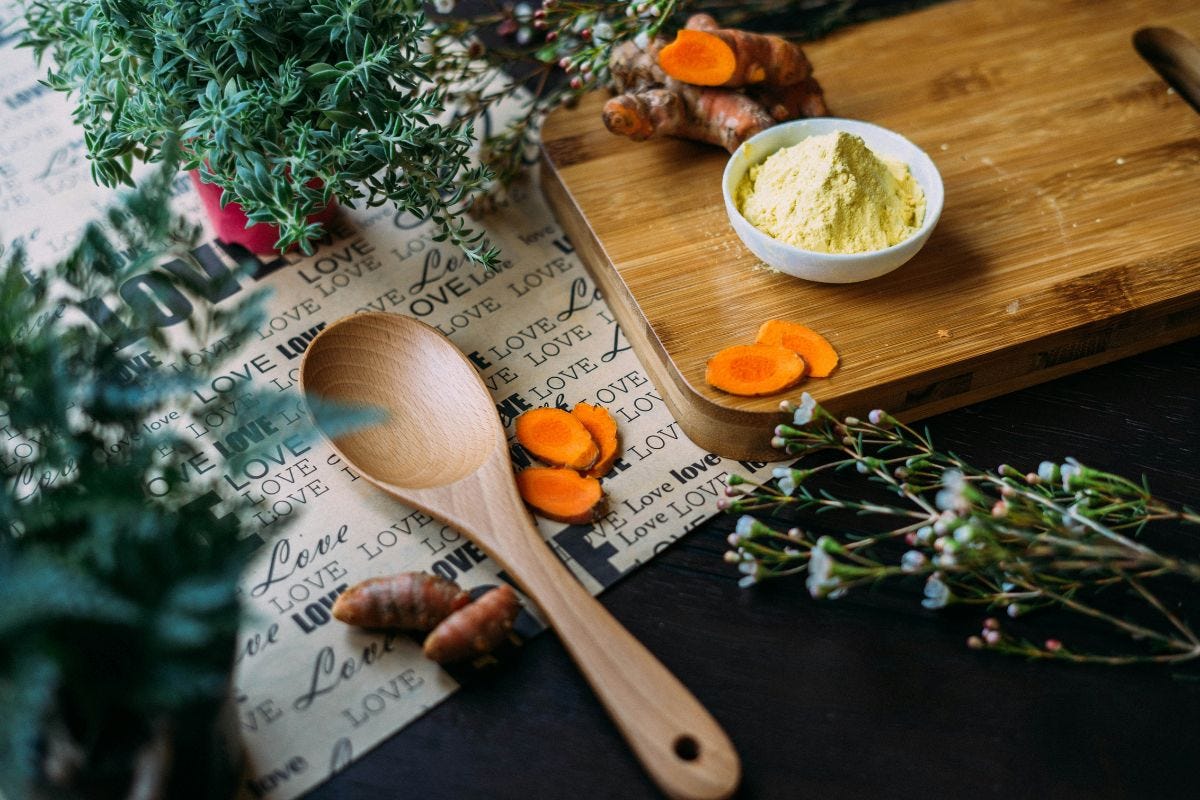What foods taste like home to you?
And can we ever fully recreate these recipes in our own kitchens?

In my family, a freezer clean-out can feel like rifling through Ali Baba’s den. Culinary treasures lie stacked in neat, vacuum-sealed packages—clusters of lemongrass-scented salt, pillows of bánh bao waiting for the steamer, my mother’s almighty catfish cakes. The women in my family preserve like homesteaders awaiting a harsh winter, knowing on an epigenetic level the dread of scarcity, that terrible scythe of hunger. Now, in times of glut, our freezers are crammed to the gills, but that plentitude carries a hint of melancholy for its very tentativeness.
I wasn’t thinking about all this during my freezer clean-out, of course. I was wondering whether mysterious life forms could grow in sub-zero temperatures when left unimpeded; whether it was finally time to toss that two-year-old pint of ice cream no one liked. (Never go generic with ice cream, folks.) The fish cakes were just a happy accident, a forgotten relic amidst the bounty. I let them defrost, then sliced and pan-fried them. Forty-eight hours later, the whole batch was gone.
I could describe the fish cakes for you (a crispy terra firma, a faintly glutinous interior, garlicky, extravagantly redolent in umami), but it doesn’t really matter, because what’s powerful about the fish cake isn’t its taste, but its inextricable tie to home, one I rediscovered bite-by-bite.
Mom’s catfish cakes are hers alone, a sui generis recipe inspired by my stepfather’s obsessive fishing habits and her own love of meat patties. Her catfish cakes are not for the faint-hearted. You have to remove the scales from the fish, then scrape the flesh from the bones with a sharp-edged metal spoon. Then you pound and pound and pound until a pinkish paste forms. (Food processor? Never heard of her.) Your arms will protest, but there’s no room for weakness with fish cakes. Then comes the seasoning, the shaping, the frying. A whole afternoon could go by in this manner. At the end of it all, if you’re like Mom, you’ll freeze individual portions and dole them out like mercies.
I didn’t eat all my defrosted fish cakes in one sitting. They disappeared in fits and starts: a nibble on my way out the door; an illicit pilfer right before bedtime. Each bite became a bullet train back to Mom’s outdoor kitchen. I was back beneath the fruit-heavy trees, squatting among the flit of lizards with their tendrilled tails, where I’d watch the sweat bead along her upper lip as she worked. There was that careful pirouette of Mom’s foot-long chopsticks; her toes tucking under the lip of her turquoise flip-flops. I was home; or maybe somewhere beyond home, in that indistinct space between the present and all those inconvenient longings I buried.
We all have these homecoming foods, right? For some, it’s a tomato and mayonnaise sandwich eaten while your feet swing from a porch in late spring. For others, a passed plate of sauerkraut balls in a neighborhood bar. My husband’s favorite homecoming food is his mother’s cheesy potatoes, a gloopy and unctuous reverie of butter and sour cream and cheddar, as easily eaten for a snack as a meal. When my uncle was reunited with his mother—my grandmother—after many years apart, she tried to recreate a sixty-year-old peanut cookie recipe from memory. She despaired when they didn’t turn out; the ingredients, she said, were different in the States. I wondered if she meant that we were all different in the States. The alienation of place, captured in a misremembered recipe.
Homecoming food is highly specific and so very elusive. Each family might have a preferred biscuit recipe, but they won’t come close to your family’s. In my mind, that disconnect has nothing to do with the ingredients or the execution, but that evasive context that lives, perhaps, only in our own imaginations. We taste through a thousand filters—smell and noise and companions and emotion—that shuffle the food sensations within a larger heap of memories. It’s hard to extricate one element from the rest, especially when we’re talking about the food of our hearts, those vulnerable and often unglamorous recipes that might not pass muster in a cookbook, but still beget a longing so fierce that we find ourselves traveling many miles to reclaim them.
I suppose, now that I’ve eaten all the fish cakes, I could ask my mother for the recipe. She says she won’t share it with anyone, though I know myself to be the exception. She tells me there are no secrets between us. But anyway, I won’t make the fish cakes for myself. I have a mystical and likely misguided conviction that her hands are the secret ingredients, inimitable tools of the fish cake trade. I worry that my attempts will produce unsatisfying shadow-versions.
Maybe a small part of me is afraid that if I learned the recipe, I would somehow dislocate the fish cakes from their context, severing that precious, ephemeral link of sensation and memory. I’m convinced that the scarcity of the fish cakes—that forced longing—will be the lure to keep me coming back home.
Do you have homecoming foods? Have you tried making them yourself?




For me, it's the pierogi. My grandmother made the best pierogi. (According to my mom, there is no recipe, but I'm not sure I believe her.)
We ate them with our Christmas Eve dinner every year, a tradition that sadly no one in my family but me attempts to preserve. Mine do not compare to my grandmother's. Like you said, I think the magic must have been in her hands!
Funny you bring this up...for years, I've been trying to recreate a Greek lentil soup recipe from a now-closed restaurant. It finally got released in a book, but even with the directions in hard copy, it wasn't *quite* the same. Now I'm convinced the soup represents so much more than nourishment—it's the association of being mentored by my undergrad thesis advisor (whose family happened to own the restaurant near the university) and being encouraged to share my ideas with the world.
(Also giggling because I too, found a forgotten bag of fish cakes in my deep freezer recently.)